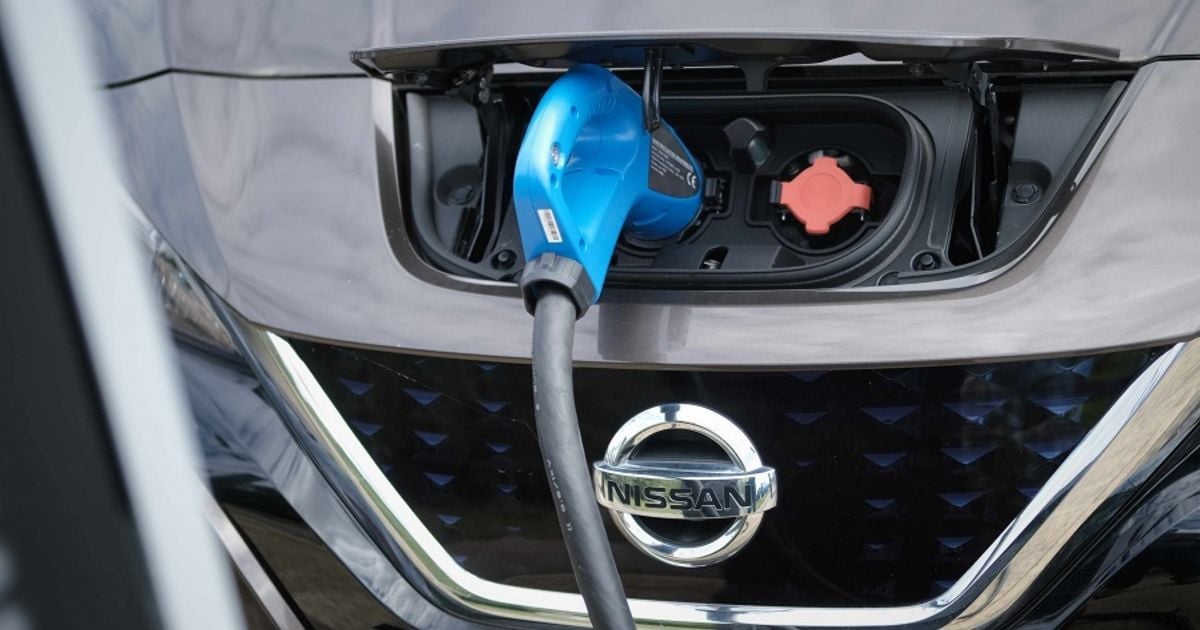
Sustainability takes a back seat to other values for the current U.S. vehicle buyer, but environmental friendliness is expected to take the wheel as Gen Z enters the market in larger numbers, a Simon-Kucher & Partners survey shows.
Data from 1,003 U.S. consumers shows about a third of vehicle buyers are willing to pay more for sustainable options, especially the youngest generation of U.S. adults who participated in Simon-Kucher & Partners’ Global Sustainability Study 2022, fielded in July and August.
Nearly two-thirds of Americans consider environmental sustainability when making purchases, a 14 percent jump from 2021.
When buying vehicles, 55 percent of Americans say it’s important to consider sustainability. The survey, which looked at 19 purchasing categories, found sustainability considerations in automotive purchases were of lower significance than other categories, such as energy and utilities (69 percent), construction (61 percent) and consumer goods (57 percent). The study defined sustainability as production, sourcing and distribution practices that save natural resources, reduce emissions and reduce waste.
Sustainability isn’t top of mind for most vehicle consumers, but there is “a population of passionate supporters,” according to the firm.
Simon-Kucher & Partners is a global consulting firm headquartered in Bonn, Germany, with offices in 27 countries. It focuses on sales, pricing and marketing with teams involved in several industries, including suppliers, manufacturers and retail and service providers in the automotive industry.
The auto industry is unique when it comes to sustainable purchasing, said Dylan Grien, a senior manager focusing on the automotive industry at Simon-Kucher & Partners in Atlanta.
Some sustainable purchases do not provide a practical benefit other than “a warm and fuzzy feeling,” Grien said, while others, such as sustainable construction materials, are “no-brainers” that save money. Shopping sustainably in the automotive industry falls somewhere in the middle, Grien said. It largely equates to buying an electric vehicle, which has benefits such as great tech and gasoline savings and can be a sleek, cool status symbol, but also pitfalls including range anxiety, charging infrastructure challenges and unfamiliarity, Grien said.
About a third of the U.S. market is willing to pay a small premium for sustainability, Grien said. Of that group, about 70 percent say they would pay between a zero and 25 percent premium.
“There is a consumer willingness to pay for it, and while there is excitement around it, [sustainability] still takes a back seat, so to speak, relative to things like reliability, dependability, power, styling, all those kind of traditional automotive value drivers,” Grien said.
For high-income respondents, about half will pay more for a sustainable vehicle. Of those willing, 53 percent said they would pay between zero and 25 percent, with the remaining willing to pay even more, up to 100 percent.
“There’s a niche market. There’s no doubt about it. There’s also a mass market, but there’s also a niche market that is willing to pay insane amounts of money,” said Peter Harms, a partner at Simon-Kucher & Partners who is based in Munich.
Automakers overall have successfully tapped into the luxury market by offering vehicles that fulfill traditional values and also happen to be sustainable.
Opportunities to profit from sustainability measures are just beginning, Harms said. Much of Gen Z cares about sustainability over traditional values. While Gen Z isn’t a large part of the market yet, it’s important that brands begin to build their sustainability reputation now, Grien said.
As consumers increasingly consider sustainable shopping, a shift in social values might contribute to an increase in sustainable vehicle purchases. Harms says it’s the beginning of a movement that automakers need to tap into.
“I can assure you, staying out of social shame is going to open up wallets again,” said Harms. “You don’t want to be the boomer that is not listening to your Gen Z son or daughter and is being called out.”
The world can’t turn all-electric tomorrow, but automakers can market hybrid, gasoline-powered vehicles and EVs for their sustainable elements now, Harms said.
Barriers to buying environmentally friendly products are insufficient access (30 percent) and lack of affordability (28 percent), according to the firm. As inflation increases, 35 percent of U.S. respondents say they will become more selective in which sustainable goods they purchase or will be less likely to purchase sustainable goods overall.
However, Grien says as long as consumers are convinced of their tangible benefits, EV sales shouldn’t suffer if they don’t outpace price increases of other vehicles.